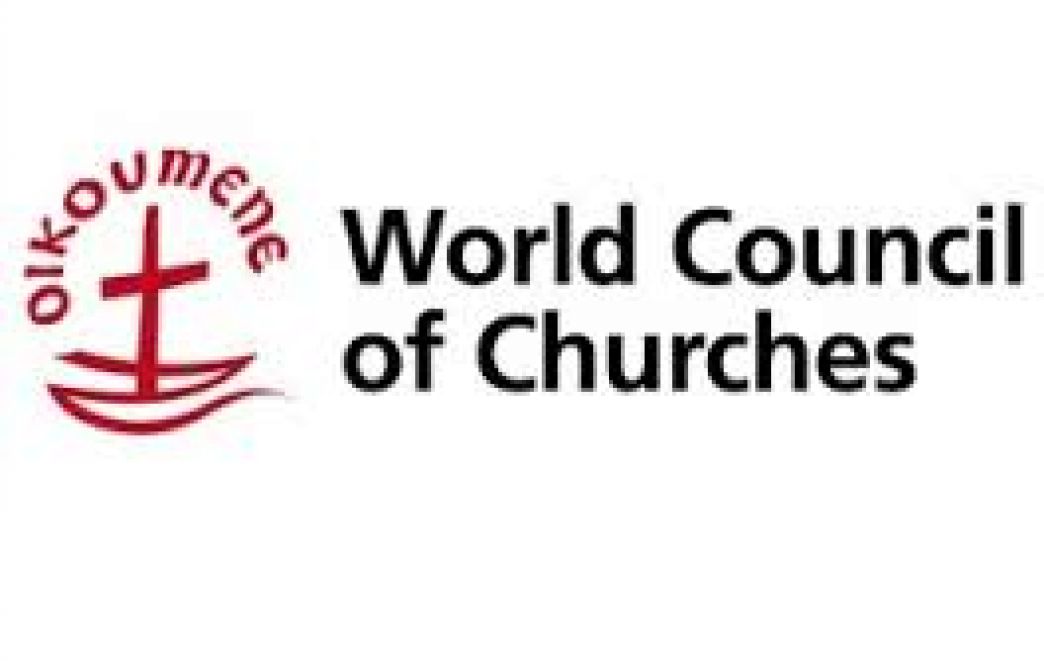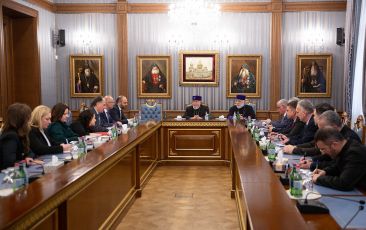Statement of the World Council of Churches
 17.07.2020
17.07.2020
On July 16, the World Council of Churches (WCC) interim General Secretary Rev. Prof. Ioan Sauca issued a statement concerning the military operations on the Armenian borders, shelling of the peaceful settlements and provoking tension unleashed by the Azerbaijan Armed Forces in recent days.
“The World Council of Churches calls for urgent de-escalation of the confrontation on the Azerbaijan-Armenia border, where renewed fighting since Sunday 12 July has cost the lives of at least 16 people and resulted in destabilization and increased threats of wider conflict..
The WCC is deeply concerned by reports that artillery exchanges have imperilled civilians and essential infrastructure, including a factory in the Tavush region of Armenia making personal protective equipment essential for the COVID-19 response.
Particularly in the context of the novel coronavirus pandemic, which has badly affected both Azerbaijan and Armenia, WCC calls on both sides to observe the global ceasefire called for by the UN Secretary-General to enable all necessary resources to be deployed in the fight against the virus. While Armenia has expressed commitment to the global ceasefire, WCC regrets that Azerbaijan has not.
The latest fighting represents a new escalation of a decades-long territorial dispute between Azerbaijan and Armenia over the region of Nagarno-Karabakh. The Organisation for Security and Co-operation in Europe (OSCE) has long sought to mediate a settlement of the conflict, with the OSCE ‘Minsk Group’ leading those efforts. WCC calls for renewed engagement in diplomatic efforts to find a solution to this issue, and to remove a root cause of conflict between the two nations.
The Armenian Apostolic Holy Church and the Mother See of Holy Etchmiadzin has been a member of this largest Christian organization in the World since 1962, with 350 member Churches and more than 500 Christians.
The Armenian Apostolic Holy Church has its permanent representatives in the Board members of WCC: Central and Executive Committees, the most important Theological – “Faith and Order” Committee, Commission on Education and Ecumenical Formation, Gospel and preaching, Inter-religious dialogue and other committees.




